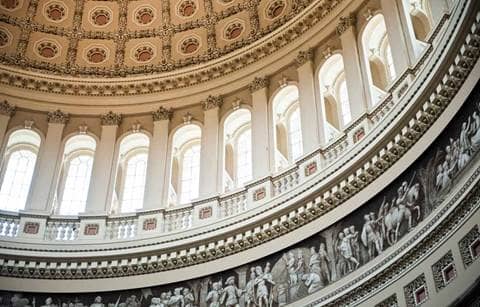Switzerland, long known as a tax haven, is changing its corporate tax landscape to be more in line with the global landscape. The new reform, referred to as Corporate Tax Reform III, will aim to increase transparency in the tax system, while remaining favorable and appealing to international businesses.
Countries around the world have been maneuvering to increase their abilities to combat tax evasion and increase the transparency of their taxpayers. For example, The United States recently passed the Foreign Account Tax Compliance Act which requires foreign banks to disclose U.S. customers to the U.S. government in order to do business with the country. In addition, some countries have entered into intergovernmental agreements to share information on taxpayers.
Switzerland’s new reform outlines the following provisions:
- Taxation of hidden reserves
During the transition to the new tax reform, earnings accumulated before the reform would be taxed at the old law’s privileged rates. New earnings would be taxed at the new rates established under the reform. - Patent box regime
Income from intellectual property would be taxed at favorable rates. To determine if a company qualifies for these rates, Switzerland would adopt the “modified nexus approach” designed by the Organization of Economic Cooperation and Development to determine the preferential tax benefits given to income from intellectual property by countries across the world. - Research and development
The new reform allows for increased tax deductions for research and development expenses. - Cantonal tax reduction
It’s expected that each Swiss Canton will reduce its ordinary income tax rates. Similar to U.S. states, Cantons operate individually and establish their own tax rates. - Aligning the tax treatment of debt and equity
An interest-adjusted corporate income tax would be made available by allowing an interest expense deduction on equity.
This reform is expected to be phased in sometime between 2018 and 2020.




